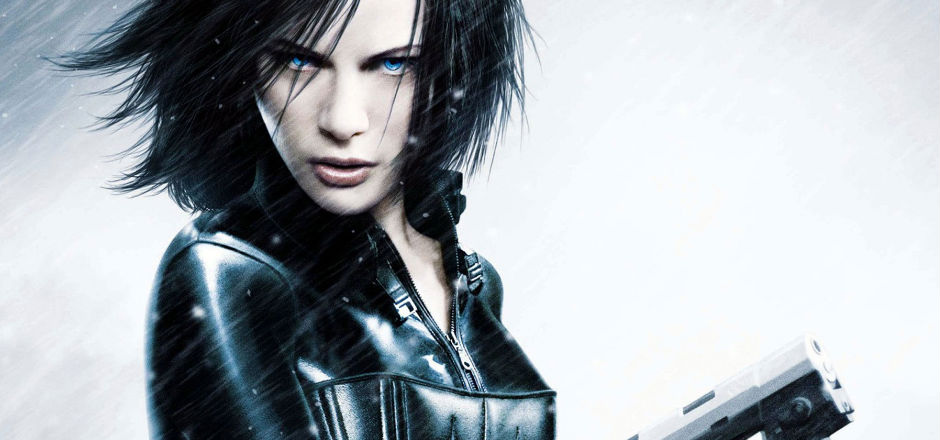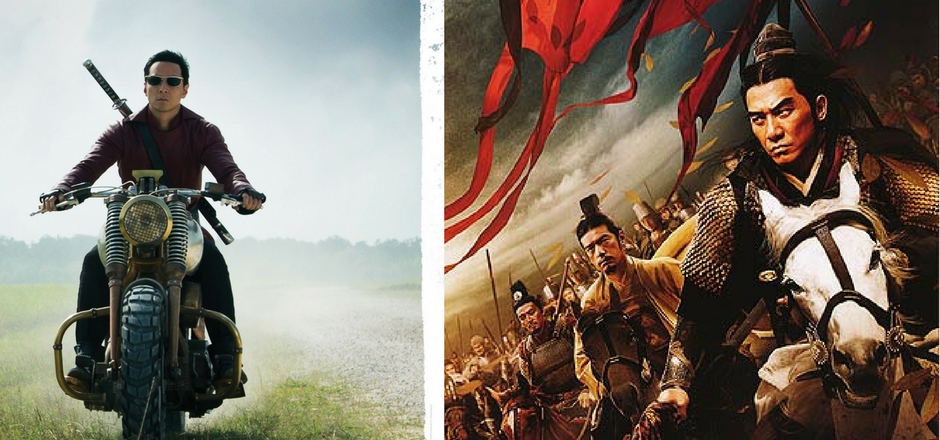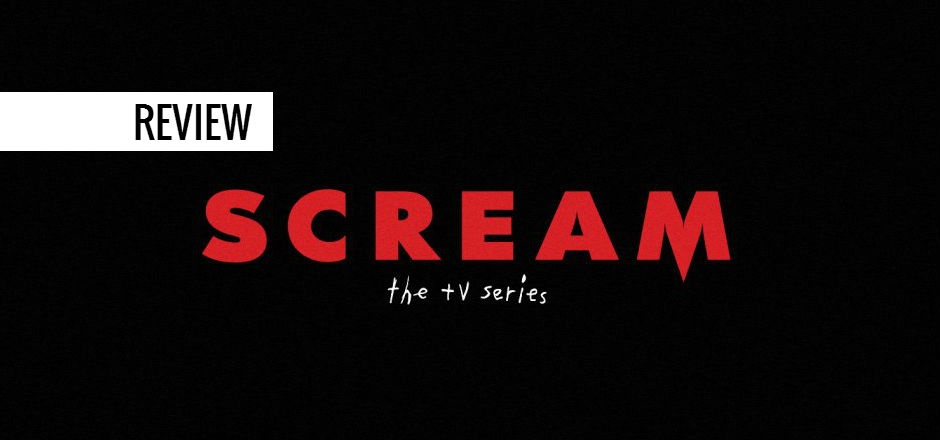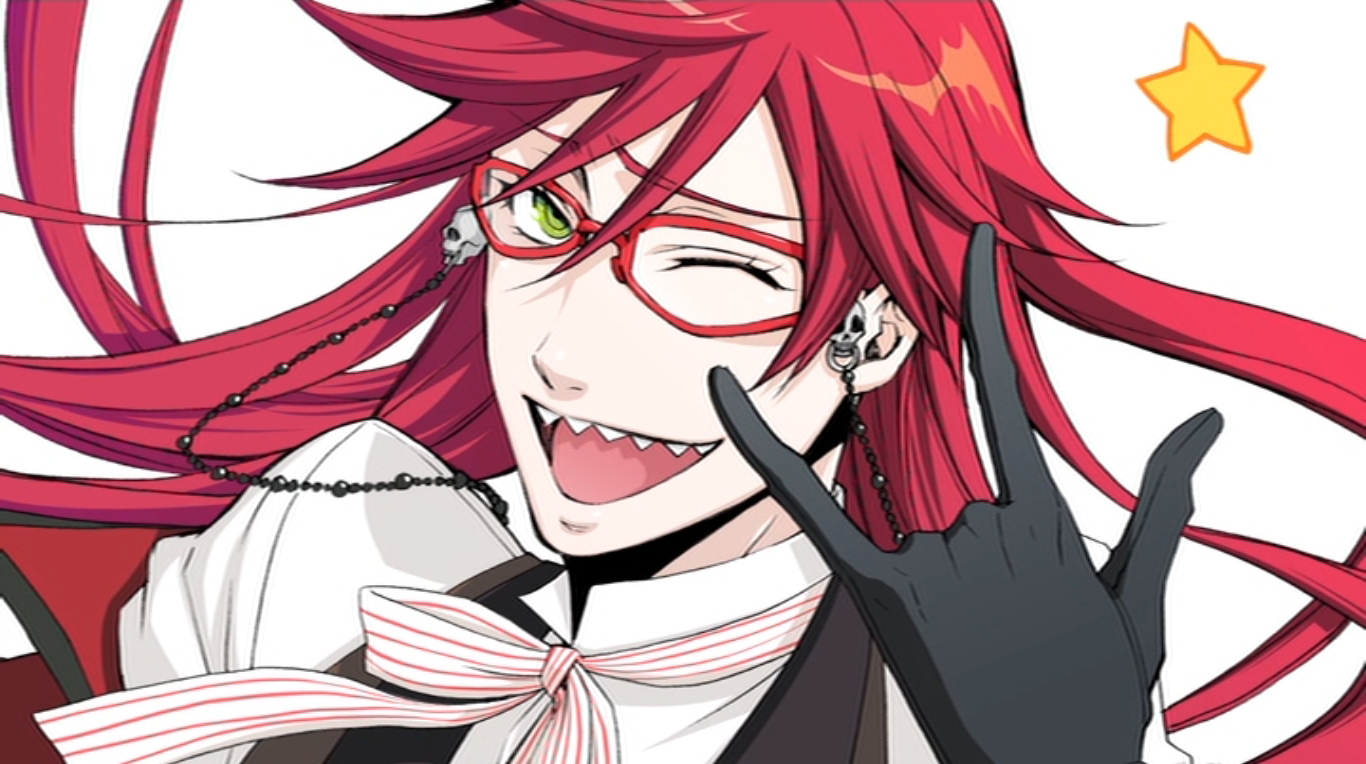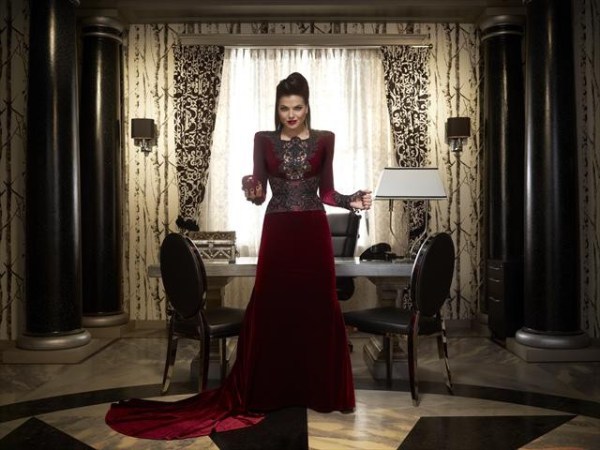Last year’s smashing box office success of female-led movies like Catching Fire, Gravity and Frozen was a triumph for women in the industry. For the first time in history, a movie with a woman in the lead not only became the highest grossing movie of the year, but also firmly positioned itself as one of the most successful movies ever. That Katniss dominated a year of box office profits says a lot about how far the industry has come when it comes to its leading ladies. It adds to the success of long-running franchises with powerful warrior women in the lead like Underworld and Resident Evil.
It would seem that, contrary to that ridiculous and long-held belief that people dislike stories about female action heroes, viewers do like to see stories surrounding capable women fighters that save themselves rather than sit around waiting for someone to do it for them.
Yet a couple of successful movies with kickass females in the list can’t possibly make a dent on the massive number of movies that have preceded them and will undoubtedly follow them that feature women under the dominance of an alpha male, being helplessly kidnapped, abused, mistreated or vilified because of their sexuality. Moreover, what accounts for a kickass woman itself in Hollywood is still somewhat problematic.
Take the entire Underworld series: all four films have a female protagonist, 3 of them the vampiress warrior Selene, played by Kate Beckinsale. In film after film, Selene performs impressive acrobatics and dispatches enemies with graceful brutality, visually stunning maneuvers and sleek weapons. How many people came out of the theater wanting to be her? Countless, probably, me being one of them. But while there was an interest from the creators of the series to make people want to be her desperately, the obvious focus of the movie is to make people want her in a sexual way.
Selene is breathtakingly gorgeous and her badassery is extremely sensual. Even her moves while fighting are designed to bring attention to her leather-clad body in a very sexual way. In half of the movies in the franchise, she’s naked, and the second film features a gratuitously graphic sex scene with her as the focal point.
There’s nothing wrong with a woman embracing her sexuality, but there is something uncomfortable about it being used for the vicarious pleasure of a heterosexual male audience, especially if that’s all there is to the character.
Selene had a bit of an emotional crisis concerning her attraction for a human-werewolf and her alliance to the treacherous patriarch Viktor, but that barely constituted as character development and was there to move the plot along rather than to give depth to the character. Moreover, what made an impression on the audience was the sexualized asskicking, not the emotional turmoil she faced in the movie.
Alice from the Resident Evil franchise and the girls from Sucker Punch share almost every single aspect with Selene, and that begs the question: what exactly makes up for a kickass woman for viewers? It would seem that being a strong, kickass woman in the media is made up solely of being attractive while fighting your way out of your predicaments, and maybe a nude scene every now and then, since the emotional and psychological depths are usually ignored in these movies.
[blocktext align=”left”]There’s nothing wrong with a woman embracing her sexuality, but there is something uncomfortable about it being used for the vicarious pleasure of a heterosexual male audience, especially if that’s all there is to the character.[/blocktext]We may think it is empowering to us as women, but when it comes down to it, this is just an archetype for the enjoyment and pleasing of the male audiences: a strong, capable warrior woman that can still be sexually possessed and dominated. It’s the same reason why most female warriors in video games have barely any clothing and why the guy next to me at the screening of Catching Fire moaned and complained whenever some level of emotional and psychological depth was given to the main female character in the film.
Not only do people worship these overly-sexual, emotionless fighting beings, they disregard any other attempt at a strong woman that doesn’t follow suit with that particular archetype. They don’t want to see conflicted or suffering women – otherwise, characters like Lori and Andrea from The Walking Dead wouldn’t receive so much hate on the internet.
And they don’t want their kickass women to be flawed or show any kind of deep emotional trauma. In fact, they make villains of women who face even the smallest of emotional turmoil, like with the stereotype of the angry and psychotic ex-girlfriend, as can be seen in almost every comedy movie and even in the recent Oz The Great and Powerful with Mila Kunis’ character.
Moreover, in order for women to thought of as badass and kickass, she mustn’t only fit the sexual, shallow bill, she must also literally kick ass. Smart women, kind women, and brave women are all dismissed if they can’t handle a gun or a sword or at least know some karate moves, as shown by the controversy surrounding Natalie Portman’s character in Thor.
[blocktext align=”right”]Smart women, kind women, and brave women are all dismissed if they can’t handle a gun or a sword or at least know some karate moves.[/blocktext]The problem is that these absurd expectations of what constitutes a truly strong female character are not only embraced by male audiences, but also by other women. Women are the first to launch attacks and shame whatever female character doesn’t fit the specific bill and demonize other female roles, even if they are capable and emotionally, psychologically or intellectually strong, if they don’t dispatch enemies with the flip of a hand.
Moreover, for most female audiences concerned with these things, in order to prove true strength, the only thing that counts is physical strength, even if it is at the expense of everything else, especially the character’s femininity. Nowhere is this more evident than in the way characters like Arya and Brienne from Game of Thrones are being worshipped mostly because of the masculine and aggressive way in which they have embraced their strength and used it in a physical manner. For a male audience, the heroine must be a sexualized blank slate. On the other hand, to satisfy some female audiences, in order for a woman onscreen to compete against men and gain respect, she would have to shed all femininity and become more male than female, and doesn’t that defeat the whole point of the hero being a woman? Everywhere you look, it seems the only thing people don’t want their female characters to be is simply human.
Lorraine Acevedo Franqui writes for Girl In Capes from Puerto Rico and holds degrees in English Literature and Psychology. Her main interests are young adult lit, anything related to The Legend of Zelda and Kingdom Hearts, assorted shounen mangas and cats.
